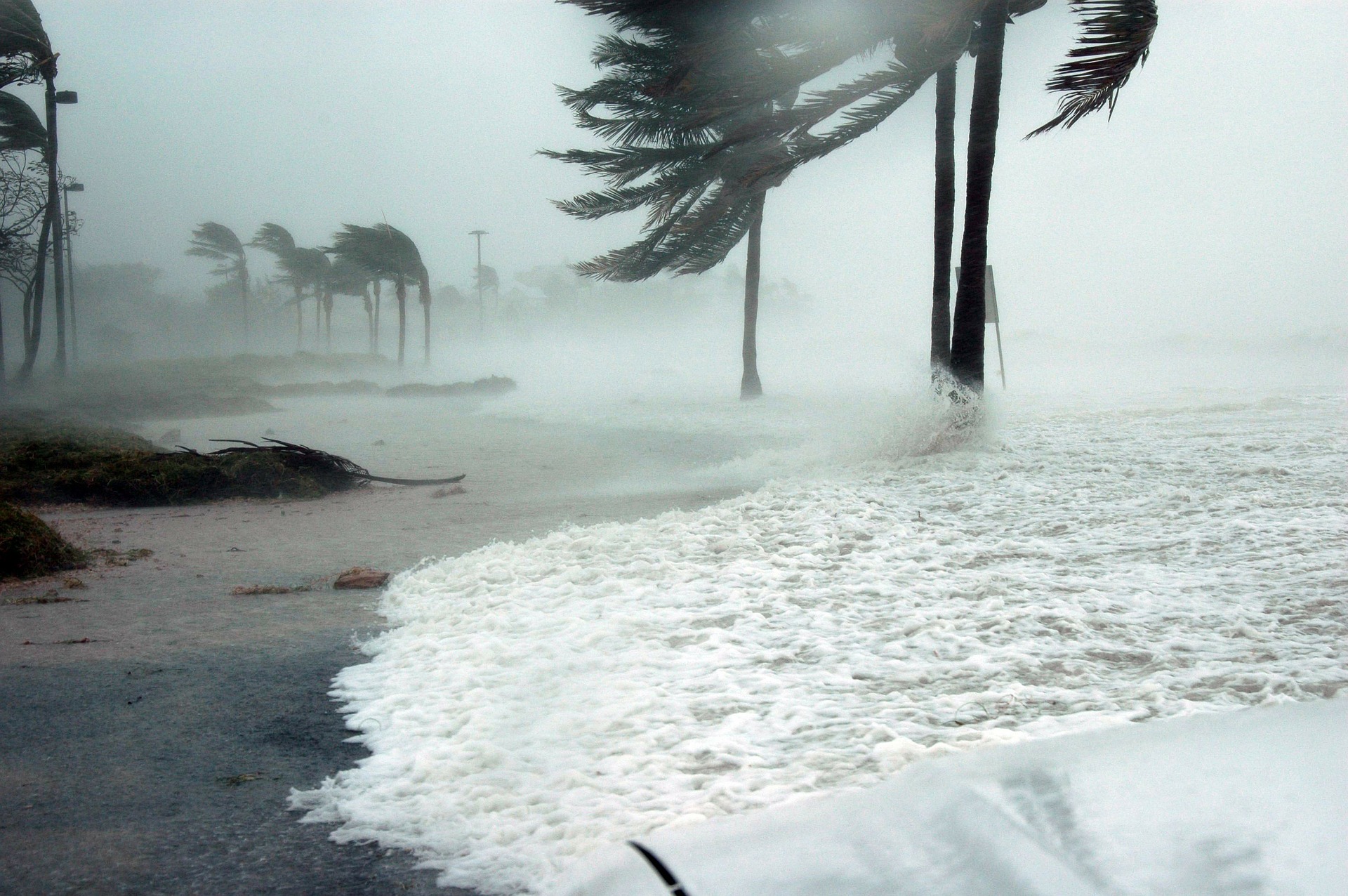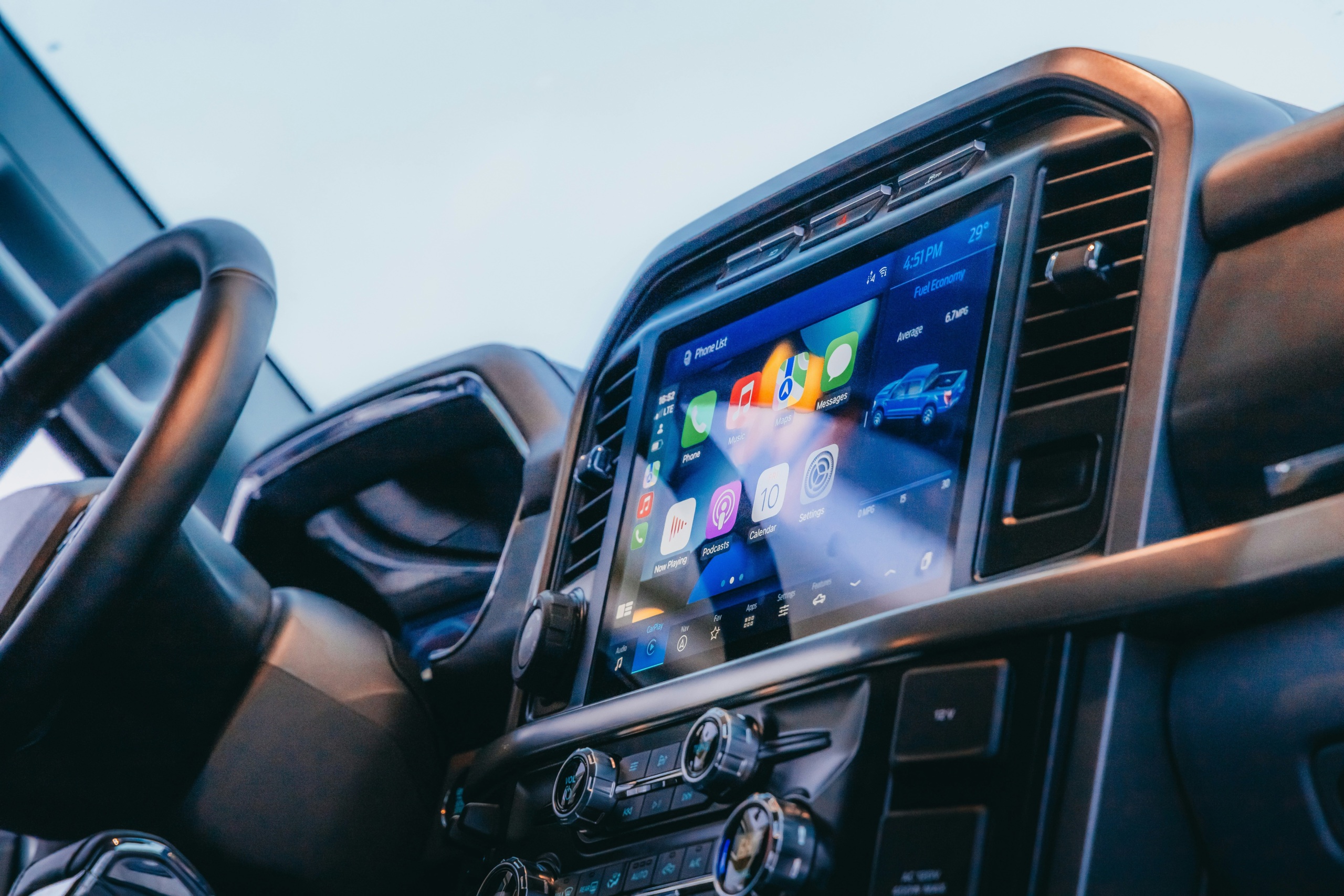
Preparing for a hurricane: Here are tips to protect yourself, your home and your finances
Here's how to keep your property, your pets and your wallet safe

Millions of Americans end up in the path of a hurricane every year. Lives and property are threatened not just by wind, but by storm surge as well. And by scammers and unethical contractors.
Here are some tips to help consumers protect themselves from the storm and possible opportunists, bad deals and con-artists.
Before the storm:
-
Take photos: Here’s a good idea for all homeowners anytime, but especially those bracing for a storm: Take photos and videos now of your home and belongings, if you can do it safely, so you can better document any losses.
-
Protect your pets: People forced to evacuate need to know if hotels or shelters will take their pets. Pets Welcome is a good resource for that information for shelters and hotels. Additionally, many hotels relax their pet policies and waive pet fees during a natural disaster. Call ahead to find out. If people do have to leave their pets behind, PETA recommends leaving at least 10 days’ worth of food and water. Bring Fido offers these additional tips to keep your dog safe during a hurricane or other emergency.
-
Disconnect your appliances and electronics. And turn off the gas and electric service. You can also turn off your water after you fill jugs or containers with drinking water, and fill the bathtub with water to flush toilets, in case you return and you’ve lost your water service.
-
If you don’t shut off your power, use this trick to find out whether you lost it: This is something that’s good to do anytime, but especially if you’re leaving your home or apartment for an extended period, even on vacation. Take a plastic bottle or something with a leak-proof lid, and fill it halfway with water. Tip it over on its side and put it in the freezer. Once it’s frozen, put it upright in your freezer. If you come home after being away and think you might have lost electricity, look to see whether the water in the bottle is still frozen on the side, or whether it’s at the bottom of the bottle. If it’s the latter, it means you lost power for an extended period and you should assume just about everything in your refrigerator and freezer needs to be discarded.
During the storm:
-
Use generators with extreme caution: When the power is knocked out, portable generators can be important for powering refrigerators, medical devices and other needs in the home. But, if not operated properly, portable generators are extremely dangerous to people and pets. Portable generators emit carbon monoxide, a gas that can be a silent killer. The odorless, colorless and tasteless gas causes “flu-like” symptoms and can cause loss of consciousness. The U.S. Consumer Product Safety Commission (CPSC) estimates that 70 people die each year from carbon monoxide poisoning associated with portable generators.
After the storm:
-
Watch out for fraud and scams: After past disasters, con artists have posed as federal employees, insurance agents and housing inspectors to steal information and money. Fake flood robocalls have promised victims money for simple information.
* People can take several steps to protect themselves:
* Ask for appropriate identification.
* Don’t give out personal information such as Social Security numbers, bank account information, policy numbers or anything else to someone you didn’t contact independently.
* Remember FEMA doesn’t charge anyone to submit an application.
* Don’t give anyone a large deposit or down payment before they provide their goods or services.
* And don’t pay in cash or with a wire transfer or gift card. -
Be on guard for price gouging: 37 states have anti-price gouging laws that protect consumers from prices that are inflated after an emergency is declared. If a business is hiking prices for gas, water, building supplies, food, ice or other needs, people should report it to their state attorney general’s office immediately. Here’s how to report price gouging to the attorneys general in every state.
-
Make sure your food is safe: Hurricanes in particular carry a lot of dangerous bacteria that can contaminate food or food preparation materials.
* The basic rule is if food has touched the flood waters, even if it’s still in the packaging, it should be thrown out. Discard any containers with visible damage. Some undamaged food may be salvageable, if it didn’t require refrigeration.
* Use bottled water until local authorities have confirmed the local water supply is safe.
* And completely disinfect all food preparation surfaces, utensils, baby bottles, cutting boards, etc. -
Watch out for identity theft: Identity theft can compound your problems after a hurricane. Storm victims are particularly vulnerable. U.S. law allows anyone to freeze their credit files at no cost. People can find out more here about how to protect themselves from identity theft.
-
Get estimates: If possible, get multiple estimates from contractors to help you file a claim that will be accurate when it’s time to pay the bill.
-
File claims quickly: Report your claim as soon as possible because insurance companies generally process claims first come, first served, according to the Consumer Federation of America. Also, insurers should not raise your rate for filing a hurricane claim or fail to renew your policy for filing one, CFA said. Make detailed lists of losses, including living expenses and debris removal, and keep all receipts.
-
Vet contractors: Homeowners should use only licensed contractors with verifiable references to work on their property. When interviewing contractors, homeowners should ask for proof of their insurance and bonding, and about their past experience repairing damage from flooding or other disasters and their mold remediation practices. Each state has a Board of Contractors that offers a full list of licensed contractors. Homeowners can also get advice from FEMA.
-
Avoid scammers posing as charities: Con-artists will try to take advantage of someone else’s misfortune and people’s big hearts by soliciting donations that won’t really go to help disaster victims after all. Check out this guide from the Federal Trade Commission on donating wisely and avoiding ripoffs.
Topics
Authors
Teresa Murray
Consumer Watchdog, U.S. PIRG Education Fund
Teresa directs the Consumer Watchdog office, which looks out for consumers’ health, safety and financial security. Previously, she worked as a journalist covering consumer issues and personal finance for two decades for Ohio’s largest daily newspaper. She received dozens of state and national journalism awards, including Best Columnist in Ohio, a National Headliner Award for coverage of the 2008-09 financial crisis, and a journalism public service award for exposing improper billing practices by Verizon that affected 15 million customers nationwide. Teresa and her husband live in Greater Cleveland and have two sons. She enjoys biking, house projects and music, and serves on her church missions team and stewardship board.
Find Out More

Car companies are sneakily selling your driving data

Apple AirPods are designed to die: Here’s what you should know

New report reveals widespread presence of plastic chemicals in our food
